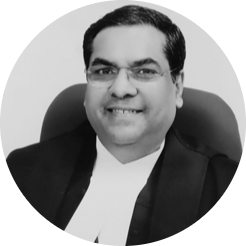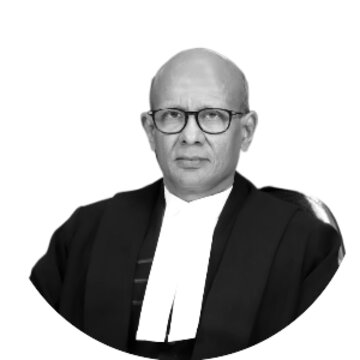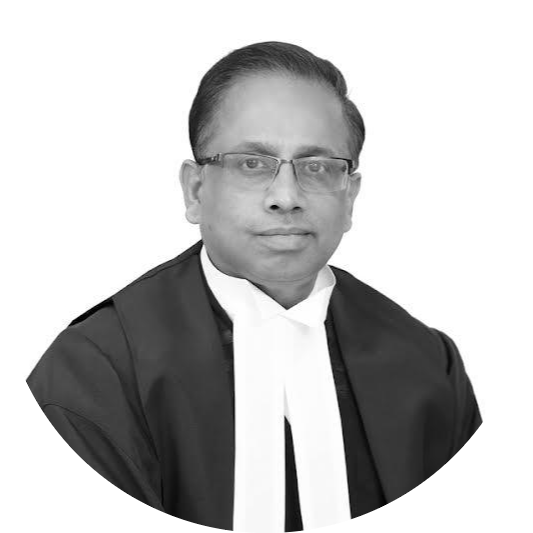Constitutionality of the Waqf (Amendment) Act, 2025
In re: Waqf (Amendment) Act, 2025
The Court will decide whether the Waqf (Amendment) Act, 2025, violates the freedom of religious denominations to manage their affairs. The decision will determine the degree of the Union’s control over the management of Waqf properties.
Pending
Parties
Petitioner: Asaduddin Owaisi
Lawyers: Zafeer Ahmad B.F.
Respondent: Union of India
Lawyers: Solicitor General Tushar Mehta, Sudarshan Lamba
Case Details
Case Number: W.P.(C) No. 269/2025
Next Hearing: April 17, 2025
Last Updated: April 17, 2025
Key Issues
Whether the Waqf (Amendment) Act, 2025 is in contravention to the object of the Waqf Act, 1995
Whether the mandate that a Waqf can be made only by persons who have demonstrably practiced Islam for at least five years, violates right to freedom of religion
Whether the exclusion of “Waqf by user” from the definition of Waqf is discriminatory
Whether inclusion of non-muslim members to the Central Waqf Council and State Waqf Boards violates Articles 26(b) and Article 26(d)
Case Description
In Islamic law, Waqf refers to property that is permanently dedicated in the name of God for religious or charitable purposes. The income generated from such properties is typically used to maintain mosques, support educational institutions, or assist the poor. Once a property is declared as Waqf, it becomes inalienable—it cannot be sold, gifted, or inherited. The Waqf Act, 1995, along with its 2013 amendments introduced by the United Progressive Alliance (UPA) government, established the statutory framework for the administration of such properties and created State Waqf Boards.
On 4 April 2025, Parliament passed the Waqf (Amendment) Bill, 2025. The Bill was passed after an intensive debate for over 12-hours in the Lok Sabha and a subsequent 14-hour discussion in the Rajya Sabha. Opposition parties strongly criticised the Bill, which substantially reforms the Waqf Act, 1995. The 2025 Amendment expands the Union’s control over Waqf properties. The President gave assent to the Bill on 5 April 2025.
The Bill was first introduced in the Lok Sabha on 8 August 2024. The draft legislation proposed to rename the existing Act as the Unified Waqf Management, Empowerment, Efficiency, and Development Act. The Union had described it as a sweeping reform aimed at improving “the efficiency of the administration and management of Waqf properties.”
The 2025 Amendment does away with the concept of Waqf by user for future Waqf properties. Further, it substantially increases the government’s involvement in managing Waqf assets and resolving related disputes. It also mandates the inclusion of non-Muslim members on the Waqf Board. While the government maintains that these changes are aimed at enhancing transparency and accountability, critics, including members of the Opposition, contend that the amendments undermine the Muslim community’s religious autonomy. They allege that the Act is aimed at reducing Muslims to “second-class citizens” and question both its intent and content.
At the Supreme Court
After the Bill received presidential assent, a record number of over 65 petitions from politicians, civil organisations and advocates were filed at the Supreme Court challenging the Act. The petitioners include Member of Parliament Asaduddin Owaisi from All India Majlis-e-Ittehadul Muslimeen (AIMIM) and Aam Aadmi Party MLA Amanatullah Khan, The Association for the Protection of Civil Rights; Arshad Madani of the Jamiat Ulama-e-Hind; Congress leaders Imran Masood and Udit Raj; Manoj Kumar Jha of the RJD; Mahua Moitra of the TMC; the Indian Union Muslim League; the Communist Party of India; Mohammad Salim of the CPI (Marxist); Shia cleric Syed Kalbe Jawad Naqvi; and Anjuman-E-Islam.
Following the slew of petitions, six states, including Haryana, Maharashtra, Madhya Pradesh, Rajasthan, Chhattisgarh, and Assam approached the Supreme Court supporting the Act’s constitutionality.
On its first hearing on 16 April 2025, a Division Bench of Chief Justice Sanjiv Khanna with Justices P.V. Sanjay Kumar and K.V. Viswanathan heard ten petitions challenging the constitutionality of the 2025 Amendment Act.



